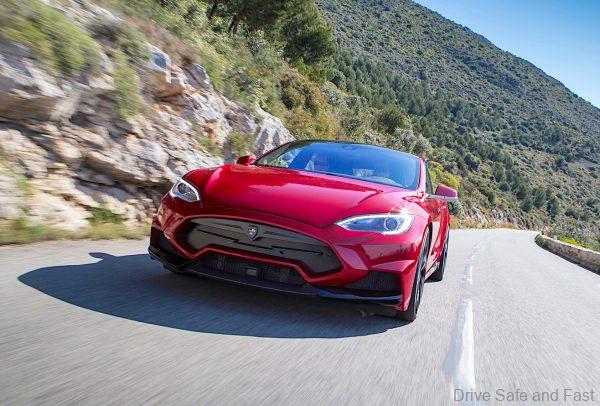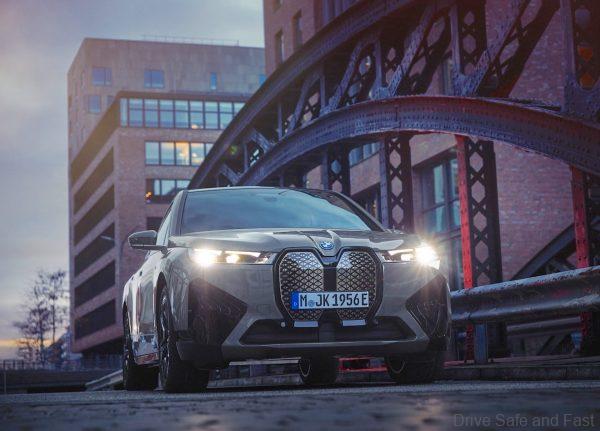Sales of electric cars jump much higher over two years earlier.
China is leading in the global growth of electric cars. The Chinese electric car nearly tripled to 3.4 million last years and that is set to triple again this 2022. In other words, more electric cars were sold in 2021 in China alone than were sold in the entire world in 2020.
The annual increase is the fastest electric car market growth in China since 2015, significantly outpacing the more gradual recovery of the country’s overall car market.
Electric cars’ share of the overall market on a monthly basis leaped from 7.2% in January to around 20% in December. The Chinese government’s official target is for electric cars to reach a market share of 20% for the full year in 2025, and their performance in 2021 suggests they are well on track to do so.

Several factors underpin the market’s dynamism. The government extended electric car subsidies for a further two years after the pandemic broke out, albeit with a planned reduction of 10% in 2021, and 30% in 2022.
The growth in 2021 sales despite the scaled-back subsidies suggests China’s EV market may be starting to mature. But it also could reflect an overheated by customers rushing to secure subsidies at 2021 levels before they declined at the start of 2022.

Another important factor is the expanded range of small car offerings. The tiny Wuling Hongguang Mini EV is not eligible for Chinese EV subsidies but was still among the bestselling models in China last year, offering an affordable entry point to the market for new customers.
Overall, the Chinese electric car market looks set for further growth in 2022, driven by the combined effects of consumer preferences for the new model offerings, residual national subsidies and continued preferential treatment for EVs at the local level (local subsidies, exclusion from city-level purchase limitations).
In Europe, electric car sales increased by nearly 70% in 2021 to 2.3 million, about half of which were plug-in hybrids. While annual growth was slower than in 2020, when sales more than doubled, this took place against the backdrop of an overall European automotive market that had not recovered from the pandemic.
Total car sales in 2021 were 25% lower than in 2019. The surge in EV sales in Europe last year was partially driven by new CO2 emissions standards. Purchase subsidies for EVs were also increased and expanded in most major European markets. Monthly sales in 2021 were highest in the last quarter of the year, peaking in December when European sales of electric cars surpassed diesel vehicles for the first time with a 21% market share.

In absolute terms, the largest electric car market in Europe in 2021 was Germany, where more than one in three new cars sold in November and December was electric. Overall, electric cars accounted for 17% of total European sales in 2021, but there were significant differences across markets. Norway at 72%, and Sweden and the Netherlands at 45% and 30% respectively, sat atop global rankings. At 25%, Germany had by far the highest market share among large European markets, followed by the United Kingdom and France (both around 15%), Italy (8.8%) and Spain (6.5%).
The United States made an impressive return to the electric car market in 2021 as sales more than doubled to surpass half a million. The overall US car market recovered as well, but electric cars doubled their share to 4.5%.
The US electric car market is still mostly dominated by Tesla, which accounts for more than half of all electric units sold. Tesla’s market share nonetheless declined from 65% in 2020 as new electric models were offered by other automakers.



